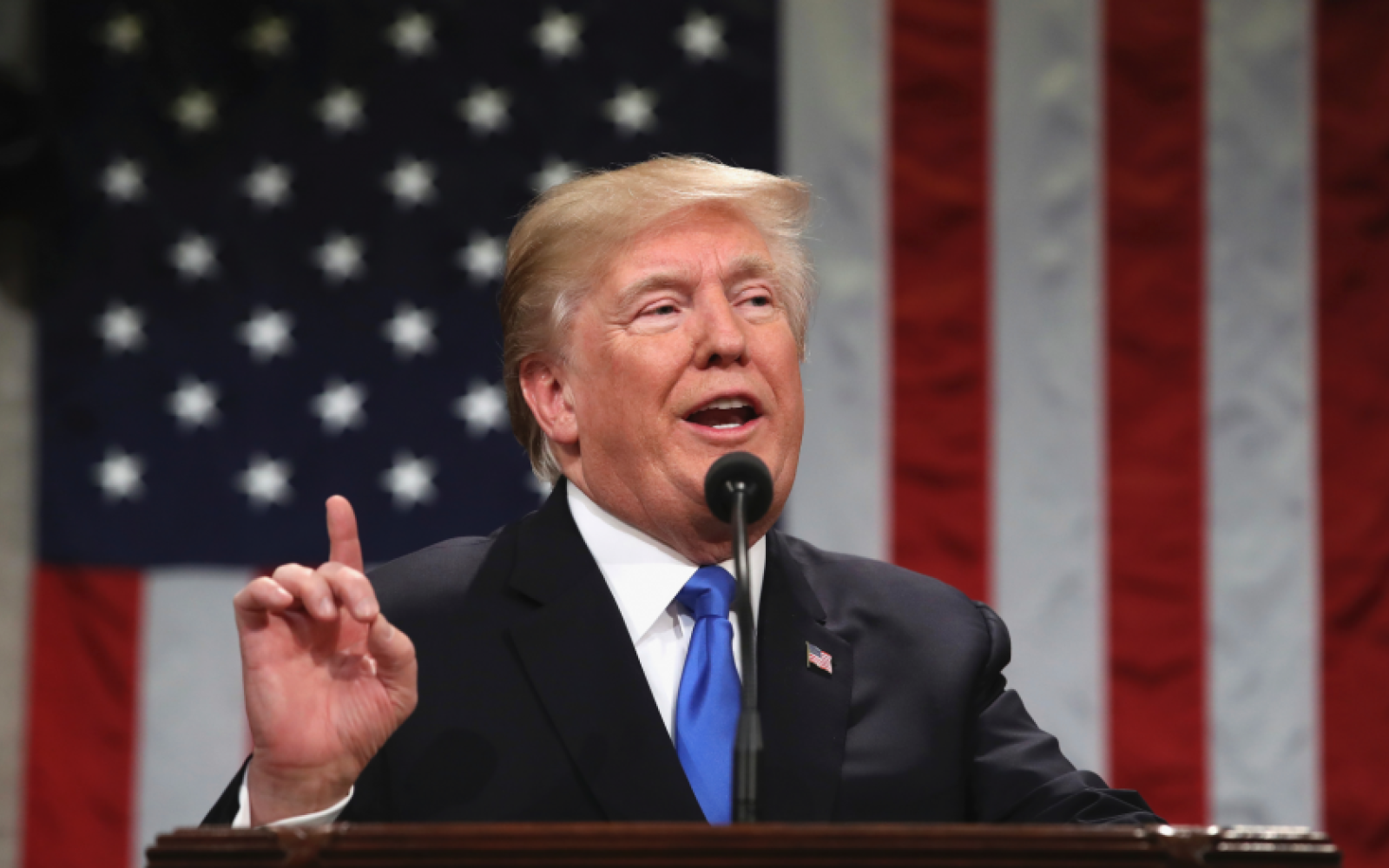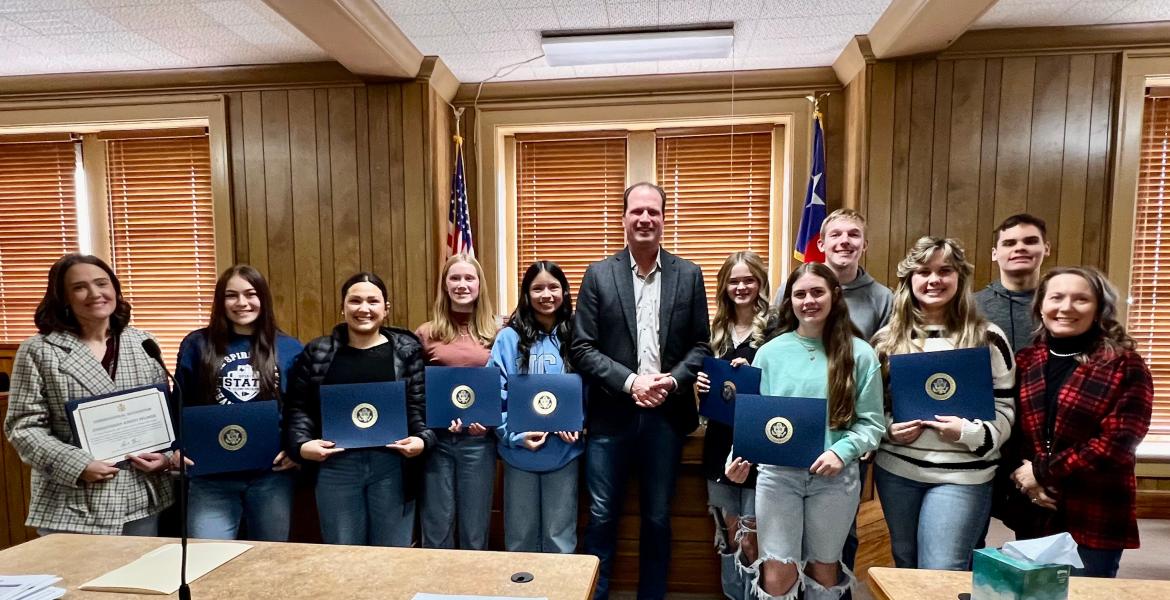WASHINGTON, D.C. — On Thursday morning Senate Judiciary Committee Republicans overpowered a Democratic boycott to advance Supreme Court nominee Amy Coney Barrett's nomination to the full Senate, keeping President Donald Trump's nomination on track for confirmation before Election Day on Nov. 3.
Democratic senators refused to show up in protest of the GOP's last push to confirm President Trump's nominee to replace the late Justice Ruth Bader Ginsburg, and never has the Senate confirmed a Supreme Court nominee so close to a presidential election date.
Republicans, who currently hold the majority, previously voted unanimously in favor of Barrett, a conservative judge, as Democrats, who refused to attend, displayed posters on their desks of Americans they say have benefited from the Affordable Care Act who are now being challenged in court. Additionally, Senators expect to hold a rare weekend session ahead of an heavily anticipated final confirmation vote expected on Monday.
“This is a groundbreaking, historic moment,” said Sen. Lindsey Graham, R-S.C., the committee's chairman. “We did it." The 48-year-old federal judge’s quest to reach the high court would lock-in the conservative 6-3 majority on the Supreme court for the foreseeable future.
Many of President Trump's Republican allies in the Senate are counting on Barrett's confirmation to improve their standing with American voters, which could possibly open a new era of rulings on the Affordable Care Act, abortion access, and even the results of the presidential election.
Senate Democratic Leader Chuck Schumer said Wednesday after announcing the parties boycott, “We should not be moving forward on this nomination", after arguing that Barrett’s views are “so far out of the mainstream.”
After a failed attempt at stopping the federal judge's confirmation, Democrats have been trying without success to stall the confirmation process until after the Nov. 3 election, so the winner of the presidency could name a replacement nominee. “These are all such violations of American norms, values, decency and honor,” said Schumer.
While Republicans hold a 53-47 majority in the Senate, Trump's pick for the court is almost certain to be confirmed as all Democrats are expected to oppose Barrett's confirmation. With Democrats boycotting Thursday's Judiciary panel session, Republicans on the panel were forced to change some rules in order to keep the confirmation on track. These rules state that at least two members of the minority party, namely Democrats, would need to be present at the time to constitute a quorum for doing legal business.
Mike Davis, a former top aide on the panel who advises the Senate Republicans, says the committee was well within reach to hold the vote, even with Democrats choosing to skip it. Davis then went on to reiterate that the longstanding practice has been to allow business to go forward if all members of the majority, in this case Republicans, attend.
To counter the claim, a Democratic aide who was granted anonymity to discuss the proceedings said that, "never before have these rules been brushed past for a Supreme Court confirmation."

Barrett, a former appellate court judge from Indiana, appeared in person for three days before the panel last week, battling several of the Democrats' questions. While in front of the panel Barrett was also questioned about her approach to legal questions surrounding abortion access, gay marriage, and the countries practice of a peaceful transfer of presidential power.
Additionally, President Trump has argued that he wants a judge seated within the Supreme Court in time to hear any possible disputes that arise from the Nov. 3 election, and Barrett initially declined to say whether or not she would disqualify herself from such cases.
Previously, any judicial nominees have declined to discuss personal views on various issues, claiming they will consider all cases as they come. However, when Barrett took a similar approach, she received widespread skepticism from Democrats, because she has previously spoken out against abortion and past rulings on the Affordable Care Act.
The court is currently scheduled to hear a challenge to the health care law on Nov. 10, which is one week after the presidential election, and President Trump has made it known that he wants a justice who won’t rule as others in the past have in order to uphold the 'Obama-era' Affordable Care Act.
Earlier this week Barrett released dozens of answers to additional questions senators had previously posed, however her responses were very similar as she initially declined to weigh in on whether the landmark Roe v. Wade abortion ruling is a so-called “super precedent” of the court, or whether or not the president could unilaterally change the date set in law for the election.
After two Republican senators on the panel, Mike Lee and Thom Tillis, tested positive for COVID-19 after attending the Rose Garden event where President Trump first announced Barrett as his nominee, the panel quickly established remote operations during the coronavirus pandemic. However, the two senators have since recovered, and returned to in-person sessions noting that their doctors have cleared them from quarantine.
Senate Majority Leader Mitch McConnell has defended Barrett, arguing that she is “exceptionally qualified”, backing his decision to push her nomination forward, even after he previously refused to consider Barack Obama’s nominee in February of 2016 after saying that it was too close to a presidential election, with Obama in his second and final term.
On Wednesday, McConnell criticized an article from The Associated Press that focused on Barrett’s role on the board of trustees of a Christian school with anti-gay policies toward student families and staff.
McConnell also noted that Barrett had already disclosed her work with the school to the Senate and, “has taken the same oath of impartiality as every other federal judge and has affirmed over and over that her legal judgment is independent from her private opinions.”
Republicans have since focused on Barrett's character, emphasizing her Catholic faith, and calling her an overall role model for conservative and religious women across the nation.
Subscribe to the LIVE! Daily
Required






Post a comment to this article here: